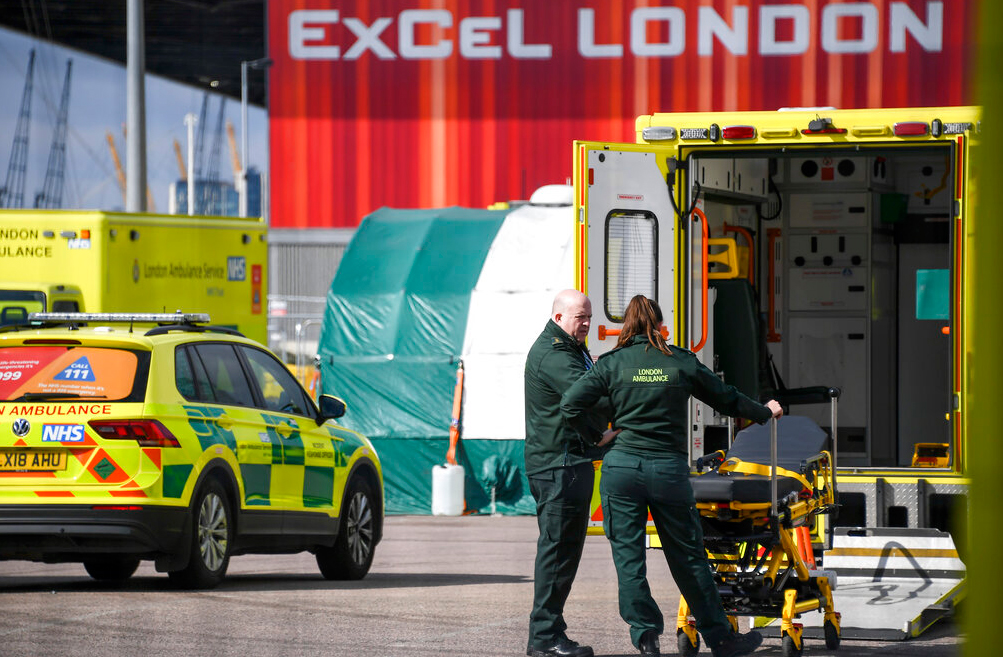Denying a ventilator to an older coronavirus patient deemed to have a poor chance of survival is a hard enough decision to any doctor to take, but in ethical guidelines published on Thursday by the British Medical Association, it may now even be permissible to go one step further — and switch a ventilator from an older patient to a younger one.
These are among the most agonising choices doctors are faced with, as the death toll from the coronavirus pandemic exceeded 500 in a single day in the UK with worse expected to come.
A total of 2,921 people have now died from coronavirus in the UK.
Out of 163,194 people tested, 33,718 have turned out to be positive. After consulting widely, the BMA’s ethics committee has developed the guidelines on how doctors should deal with questions of life and death.
As the BMA put it: “It is preferable to save the lives of three patients with high need and a high likelihood of benefiting than one patient with high need and a low — but nonetheless real — chance of benefiting.
“This is the heart of the moral challenge.”
It says: “This guidance is clear, authoritative, ethically robust, and developed with a broad range of input and opinion designed to support doctors as they approach these most trying of decisions.”
The BMA, whose chairman is Indian-origin Dr Chand Nagpaul, “warned that as the pandemic spreads, doctors working in the NHS will face agonising choices about prioritising patients who need access to lifesaving interventions in the face of over-stretched resources”.
Dr John Chisholm, chairman of the BMA’s medical ethics committee, said: “The headlines are stark: a ‘tsunami’ of Covid-19 patients moving inexorably towards London’s hospitals and then heading to the rest of the UK. Despite heroic efforts to increase supply — and reduce demand — there may come a point where the pandemic will simply overwhelm intensive care beds, ventilators, ECMO life-support.
“As all working on this know, guidance, essential as it is, does not preclude the need to address these enormously challenging ethical questions. Guidance can indicate how to proceed. It cannot stop the choices being brutal or relieve decision-makers of their moral distress.
“Looking ahead to the coming weeks, if hard choices are required, we know they will be contested. There will be anger and pain.
“People who, in normal circumstances, would receive strenuous treatment may instead be given palliation in order to favour those with greater likelihood of benefiting.
“Nobody wants to make these decisions, but if resources are overwhelmed, these decisions must be made.”
Julian Sheather, specialist adviser, ethics and human rights, for the BMA, added: “We need to start with justice or fairness. In times of plenty, fairness means allocating resources according to medical need.
“The greater the need the greater the resources — always provided the patient can benefit. Even before Covid-19, the NHS was not amply equipped.”










